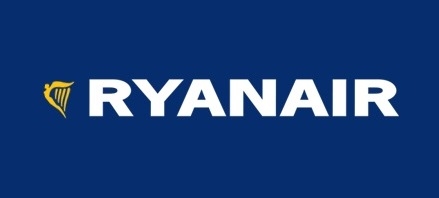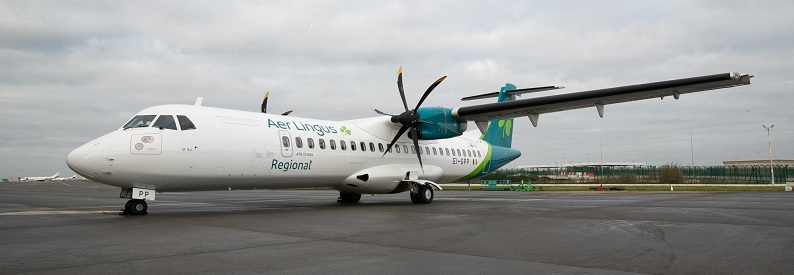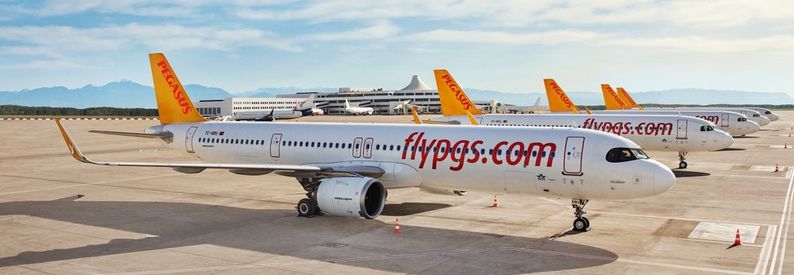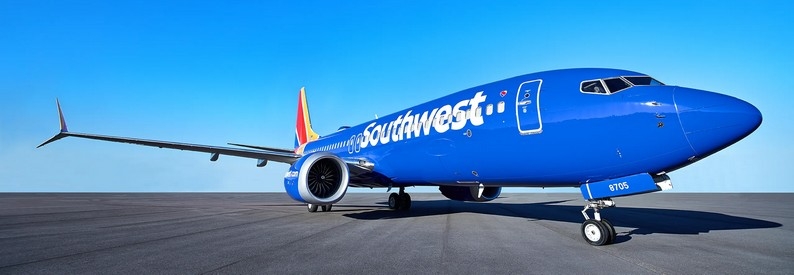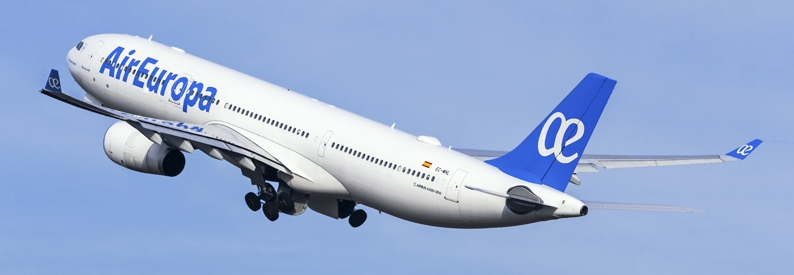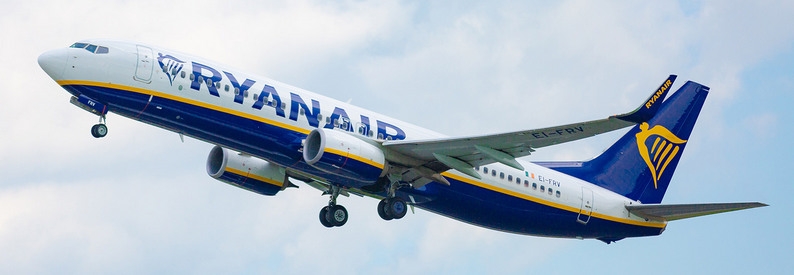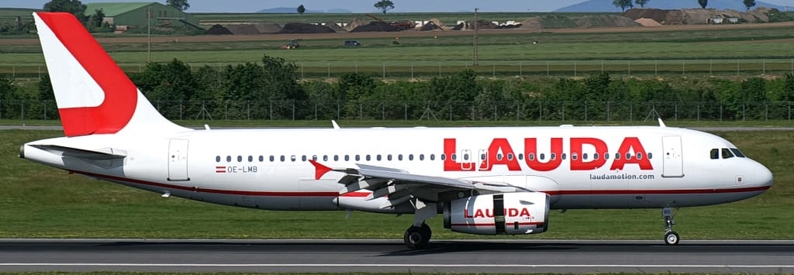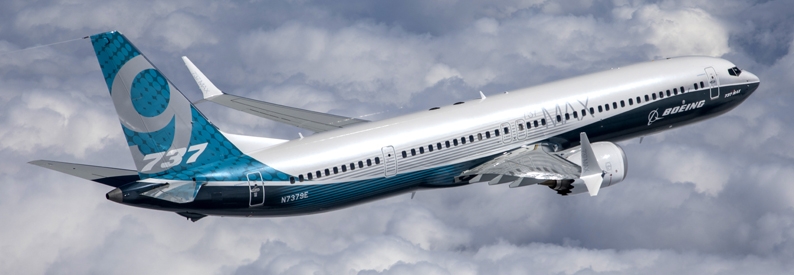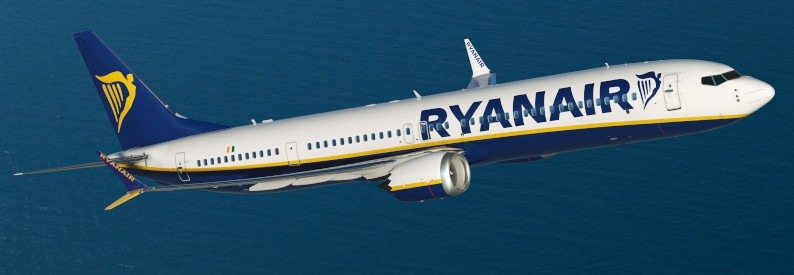Ryanair (FR, Dublin International) Group CEO Michael O’Leary and Irish Transport Minister Eamon Ryan have failed to find common ground on their differences regarding Dublin International's 32 million passenger traffic cap, the Irish Times newspaper reported.
After meeting on March 7, the minister confirmed that they still disagreed on the cap and that he could not intervene in the matter, as O’Leary had said he should, because the matter is “a planning issue”. The talks took place as Fingal Country Council considers an application from airport operator daa that seeks to lift the restriction.
In an open letter following the meeting, O’Leary reiterated his stance that the cap needs to be scrapped if Ireland's civil aviation industry is to grow. According to him, the minister should introduce, either through a directive or legislation, a seven-year traffic cap freeze as well as a scheme that would offer discounted charges on all growth at the airport for five years for all airlines. He believes Ryanair could boost its passenger numbers at Dublin from the current 15.7 million per year to 20 million, and from there to 30 million by 2030 which would include growth for Cork and Shannon too.
The company also contrasted passenger growth in Dublin to that at Spanish airports in a separate statement. According to its forecasts, these airports will see a total of 310 million passengers in 2026, up from 283 million in 2023, whereas Dublin will remain at 32 million with the current rules in place.
“While Spain’s traffic, tourism, and jobs grow thanks to Ryanair’s investment in new aircraft and new routes, Dublin Airport stagnates under a 15-year-old, outdated traffic cap and the idle failure of Transport Minister Eamon Ryan to take any action to deliver his own aviation growth strategy. Green Minister Eamon Ryan won’t intervene, won’t grow, and his inaction means four years of stagnation in Irish aviation and tourism while Spain and other EU airports continue to grow, thanks to Ryanair’s investment,” O’Leary said, adding that Ryan “should either grow…. or go.”
Ryanair’s SAF boost
Ahead of the meeting with the minister, Ryanair had issued a press release questioning why Ryan would not intervene in the Dublin traffic cap issue even though “he had no problem intervening in the planning for the Shannon LNG facility in 2022”. O’Leary said he would ask the minister when he would start using Irish passenger Emissions Trading System (ETS) revenues of over EUR200 million euros (USD218.5 million) per annum to incentivise Ireland’s supply of sustainable aviation fuel (SAF) rather than subsidising the Department of Education school bus budget. The ETS is a cap-and-trade scheme aimed at reducing greenhouse gas emissions in the European Union, and the bloc will require that all aircraft flying in and out of EU airports by 2050 use at least 70% SAFs.
Ryanair recently announced a deal to purchase another 500 tonnes of SAF from Austria’s OMV this year after previously purchasing the same amount in October 2023. The total deal between the two parties should see the carrier receive 160,000 metric tonnes of SAF up to 2030.
Ryanair previously announced new investments at Italian airports, claiming that southern Italy is benefiting from the Irish traffic cap. However, its growth plans for this year have also been partially influenced by supply chain issues as it expects to obtain forty B737-8-200s by June this year instead of the planned 57, which will have an impact on the airline’s summer schedules.
